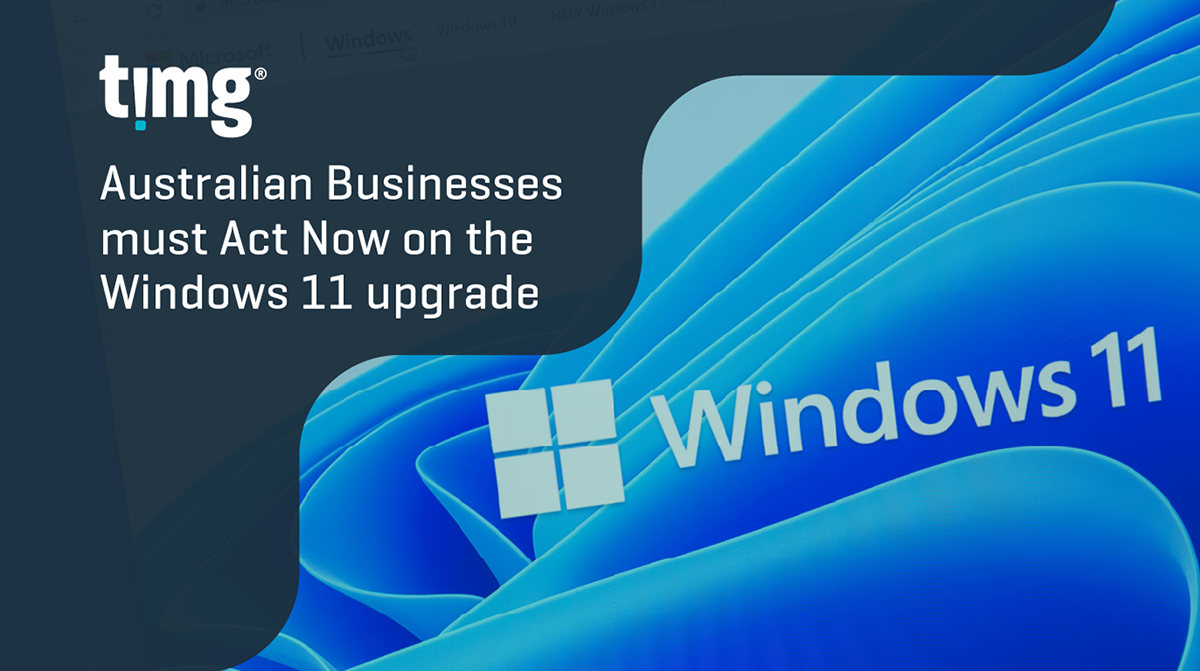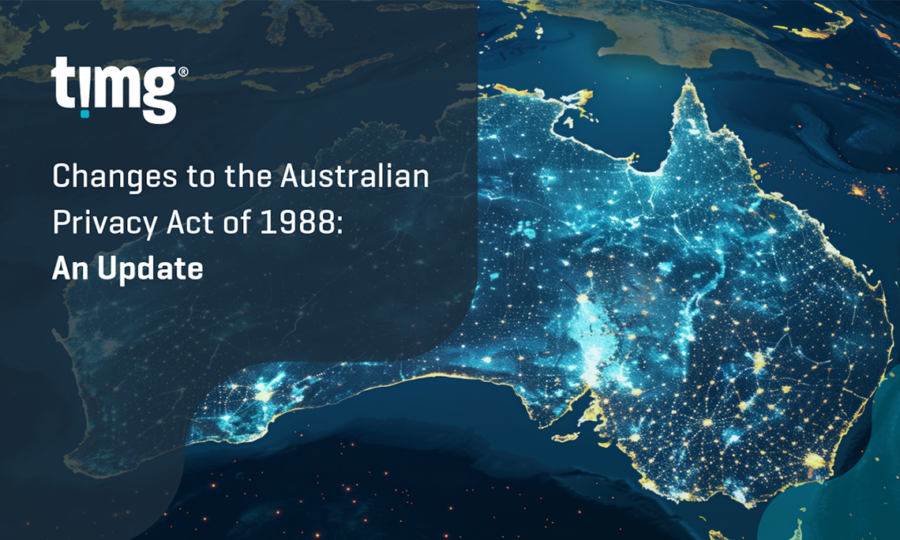Australian Businesses must Act Now on the Windows 11 upgrade
Australian businesses must act now on the Windows 11 Upgrade – because it’s a strategic move ensuring compliance and risk mitigation.

Australian businesses must act now on the Windows 11 upgrade, it’s a strategic decision ensuring compliance and risk mitigation.
The end of Windows 10 support is not another IT task to file under “later.” It’s a strategic business decision with clear deadlines, real compliance risks and meaningful opportunities, if undertaken proactively. On 14 October 2025, Microsoft will cease all support for Windows 10. There will be no more security patches and bug fixes. There’s also no guarantee that your systems will remain safeguarded against emerging threats when you upgrade to Windows 11. Though your devices may continue to function, the vulnerability to cyberattacks and the potential incompatibility with new software and hardware will only grow. And for many businesses, those are risks that leadership simply cannot afford to downplay.
Preparation for the Windows 11 Upgrade Starts with Leadership
The shift to Windows 11 is not just an ICT responsibility. It touches compliance, risk management, business continuity, and ultimately, your organisation’s reputation. Start the conversation with your technology team now to find out exactly what’s being done. Proactively sharing what’s ahead, keeps everyone aligned on priorities, resources, and execution.
Some important tasks for IT teams to consider:
- Audit all company devices to identify how many are still running Windows 10.
- Determine which of those devices are upgrade-ready and which ones need replacing.
- Confirm that your remote infrastructure is fully accounted for in the migration plan.
- Validate that all critical applications have been tested and confirmed Windows 11 compatible.
- Review your current licensing position to ensure it supports Windows 11 deployment.
- Most importantly, assess the compliance and security risks tied to any delay and act accordingly.
One of the first realities many organisations will face is that not every machine running Windows 10 will be eligible for Windows 11. Devices must meet updated Windows system requirements. These include compatible 64-bit processors, TPM 2.0, and secure boot capability. This makes now the time for assessment and auditing. Putting it off risks supply chain bottlenecks, budget squeezes, and, more dangerously, operational vulnerability. Delaying into late 2025 could mean rushed decisions, higher costs, and wide-open security exposures just as Windows 10 loses its safety net.
Security, Compliance and Continuity
Windows 11 delivers more than just aesthetic upgrades or minor usability tweaks. Beyond appearances, it actively strengthens your security and compliance posture. With features such as built-in phishing protection and hardware-enforced safeguards, it directly combats today’s most common threats. As a result, this represents a game-changer for regulated industries, where compliance demands strict control over data protection, workforce support, and system integrity.
By upgrading early, your business gains the crucial time needed to train, adapt, and stay ahead rather than scrambling for last-minute fixes. Moreover, doing so sends a clear message to your team that leadership is both proactive and engaged. Ultimately, the decision to upgrade now isn’t just about adopting new technology; instead, it’s about managing risk, building resilience, and being truly ready.
TIMG’s ICT team is already helping clients with licensing needs and procurement of compliant Windows 11-ready hardware. If you’d like support mapping out your upgrade strategy or securing the right devices for your teams, we’re here to help, quietly, capably, and with your goals in mind.
 Your browser is very old. It's so old that this site will not
work properly as it should.
Your browser is very old. It's so old that this site will not
work properly as it should.



